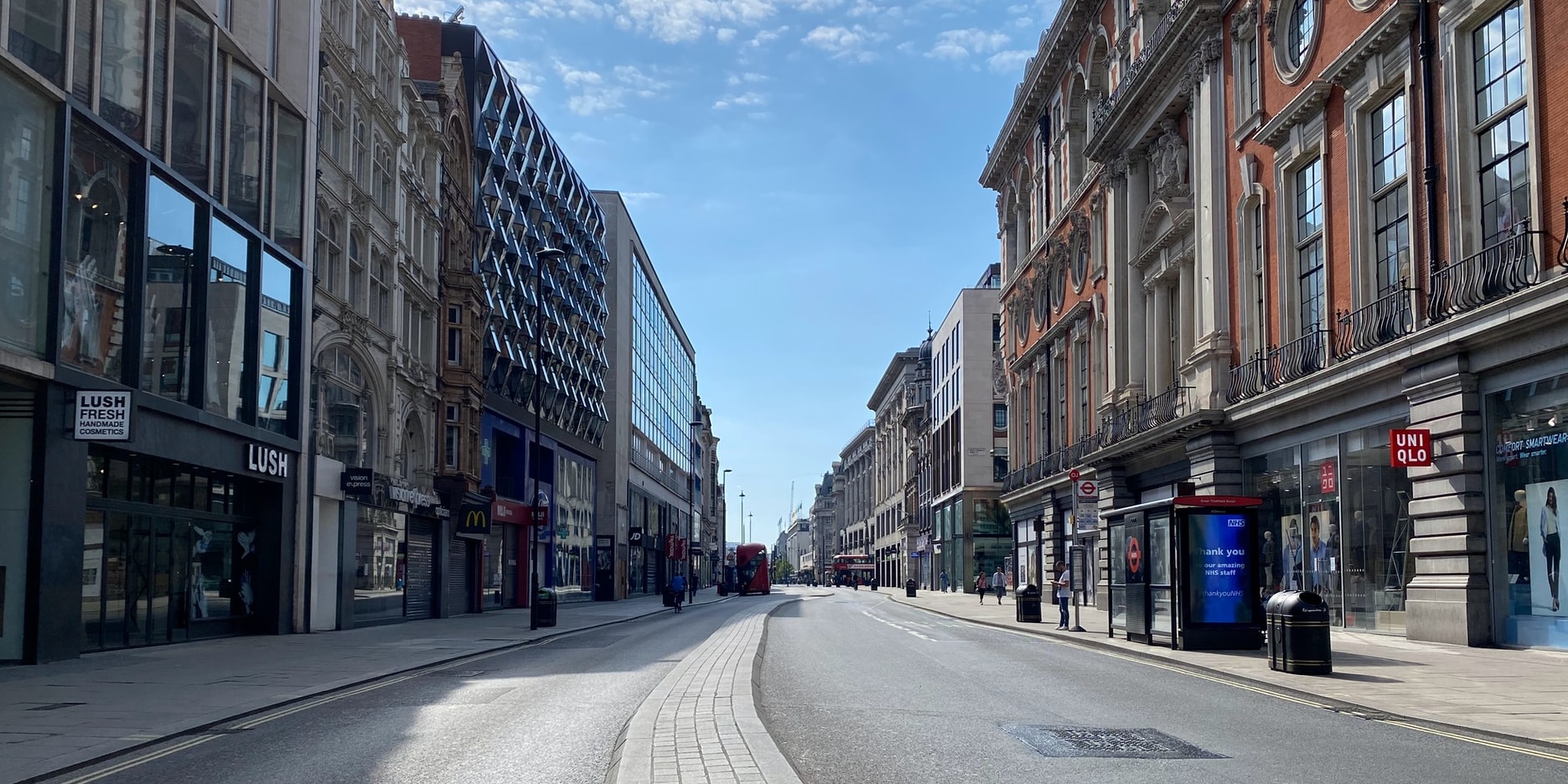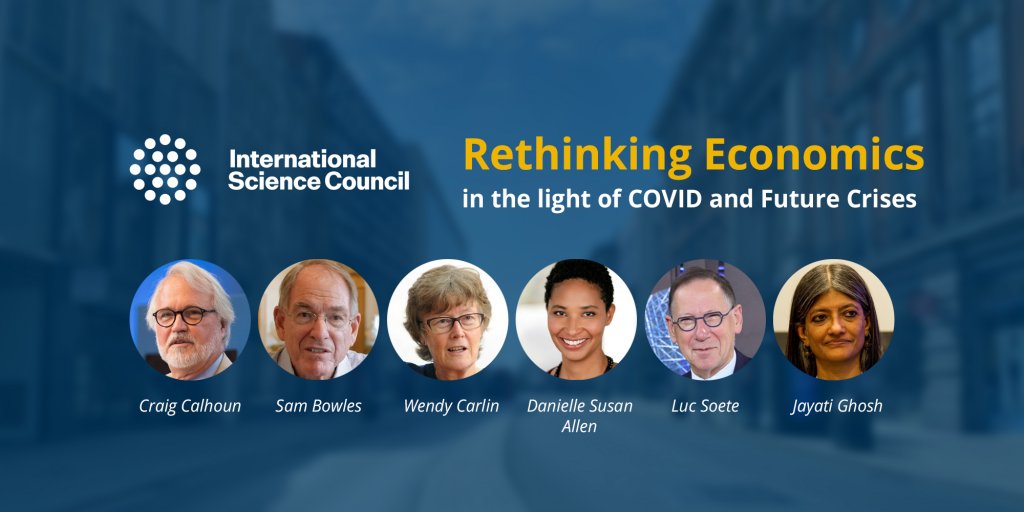
Economists have been vigorously debating the appropriate policies to address the COVID crisis. This debate has entailed policy responses to the pandemic which have significant economic impacts such as lockdowns as well as other direct economic interventions such as stimulus packages. While Economics has been successful in producing useful knowledge and research in a very short period of time, the COVID crisis has also revealed the shortcomings of current Economics from a broad social and policy perspective.
To promote discussion and debate around these issues, the ISC will convened a webinar on Wednesday 25 November – with leading economists Sam Bowles and Wendy Carlin – who will presented a lecture “Economics and the pandemic: What will we have learned?“. This was followed by a discussion with Danielle Allen, Luc Soete and Jayati Ghosh, moderated by sociologist, Craig Calhoun.
Professors Carlin and Bowles advanced the view that like the Great Depression and WWII, the COVID-19 pandemic (along with climate change) will alter how we think about the economy and public policy, not only in introductory classes, seminars and policy think tanks, but also in the everyday vernacular by which people talk about their livelihoods and futures. It will likely prompt a leftward shift on the government-versus-markets axis, they argue.
We may see a leftward shift on the government-versus-markets continuum. A more fundamental consequence would be a rethinking of that anachronistic dichotomy to include approaches drawing on values beyond compliance with government and individual gain.
Sam Bowles, Santa Fe Institute
But more importantly, suggests Carlin and Bowles, the pandemic may overturn the anachronistic one-dimensional “menu” of policy alternatives, by including approaches drawing on social values going beyond compliance and material gain, to include ethical motivations of solidarity and duty that underpin community.
The Covid-19 pandemic will change how we talk about the economy and public policy. This will be true not only in seminars and think-tanks but also in the vernacular with which people discuss their livelihoods and futures.
Wendy Carlin, University College London
Drawing on ideas from recent developments in economic theory as well as political philosophy, they will explore the normative, modeling and policy challenges around adding a third pole to the “markets versus state” continuum, including ways of enhancing the democratic voice of those who currently feel excluded from the political process.
They will also discussed the implications for the education of future economists: what they learn, how they learn it, who they are, and what they should be able to do with their knowledge.
Professor Jayati Ghosh recently argued that the discipline of economics has been driven by geographic location and ideological determinism, and that persistent forms of discrimination and power imbalances in economic sciences are having a detrimental affect on the science advancing.
This was echoed by Professor Luc Soete, who suggests a fundamental issue for economic science in the light of COVID-19, is that its overall dominance in political discourse, such as “It’s the economy stupid”, has gone.
The intrinsic limits to the continuous expansion of capitalism as an “economic system” accumulating indefinitely with an inbuilt tendency to continuously expand the supply and demand for new wants, has been shattered by the COVID-19 pandemic.
Luc Soete
Maastricht University
In order to understand and address the COVID crisis and any future crises consequent upon COVID-like events, economists will be required to re-draw the disciplinary boundaries that conventionally demarcate the discipline of Economics from other scientific disciplines. Join moderator Craig Calhoun, the presenters and the discussants for this important debate.

Image by John Cameron